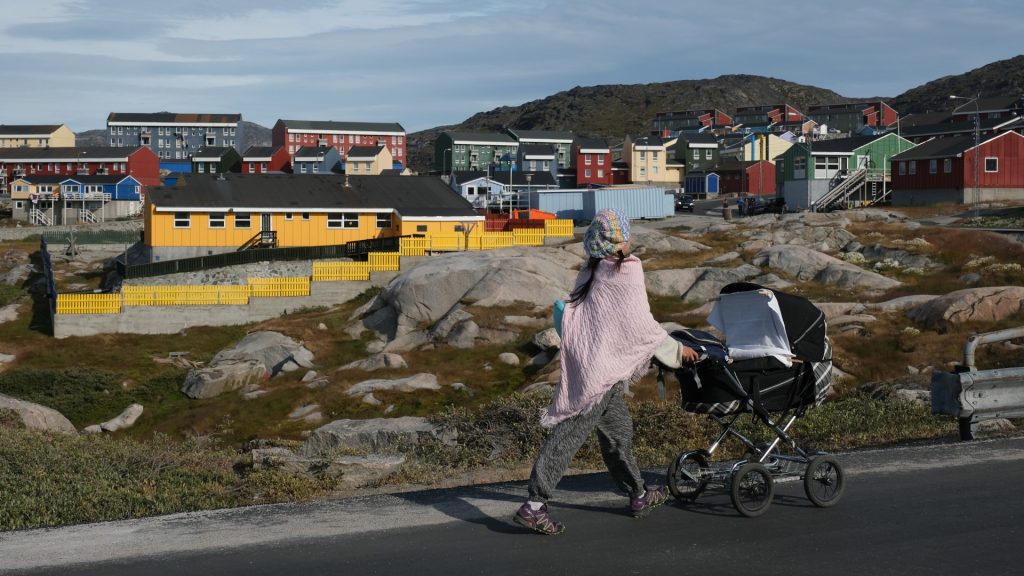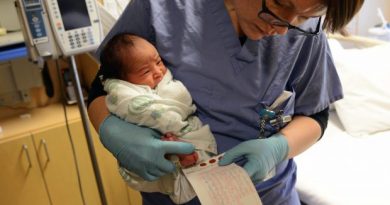COVID-19 rules continue in two places after infection clusters, but will be relaxed as planned in rest of Greenland

COVID-19 restrictions will start to be relaxed as planned across Greenland starting July 31, except in the two areas reporting infection clusters this week, says the Greenlandic government.
On Tuesday, the government reported 12 new cases in the Avannaata municipality in Greenland’s northwest. Four new cases were reported in the town of Upernavik , and eight were reported in the nearby settlement of Tasiusaq.
In a news release, Greenland’s national health board said all cases appeared to be from the same infection chain, but that the investigation was still ongoing.
Kaffemik, a type of Greenlandic social gathering where people drop in and visit, appears to have been a superspreader event linked to several of the infections, say health authorities.
“In many of the cases we’ve seen in Greenland, people have infected others before they knew they were infected,” said Paneeraq Noahsen from the office of the medical director.
“This is one of the reasons why we have assembly restrictions. People have participated in social events and unknowingly started a chain of infection. Although we can’t rule over people’s private homes, we strongly urge people not to gather in that way.”
Low vaccination rates also concern
Noahsen says Upernavik’s low vaccination rate has also contributed to the spread.
“When we look at the infection chains, we see generally that it’s the unvaccinated who get infected, and also infect others. Therefore, we encourage all citizens to accept the local vaccine offers. In Upernavik, only about 51 percent of the population is vaccinated, and compared to the number nationally, it’s very low. ”
Also on Tuesday, four new cases were reported in Aasiaat, a town in the Qeqertalik municipality in western Greenland just south of Avannaata.
Health authorities say all four cases are from the same household. Contact tracing has not established the source of the infection, but so far, it’s not thought to be related to the outbreak in Upernavik.
As of Wednesday, Greenland’s health authorities reported 32 active cases across the island.
Write to Eilís at eilis.quinn@cbc.ca
Related stories from around the North:
Canada: Outbreak declared over in Arctic Canadian city of Iqaluit, says chief public health officer, CBC News
Finland: Finland welcomes fully-vaccinated travellers, but Sputnik V isn’t valid, The Independent Barents Observer
United States: Cruise ship arrives in Skagway, Alaska after passenger flown home with COVID-19, CBC News



